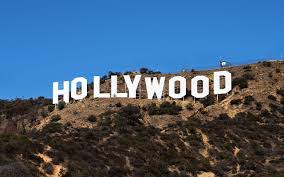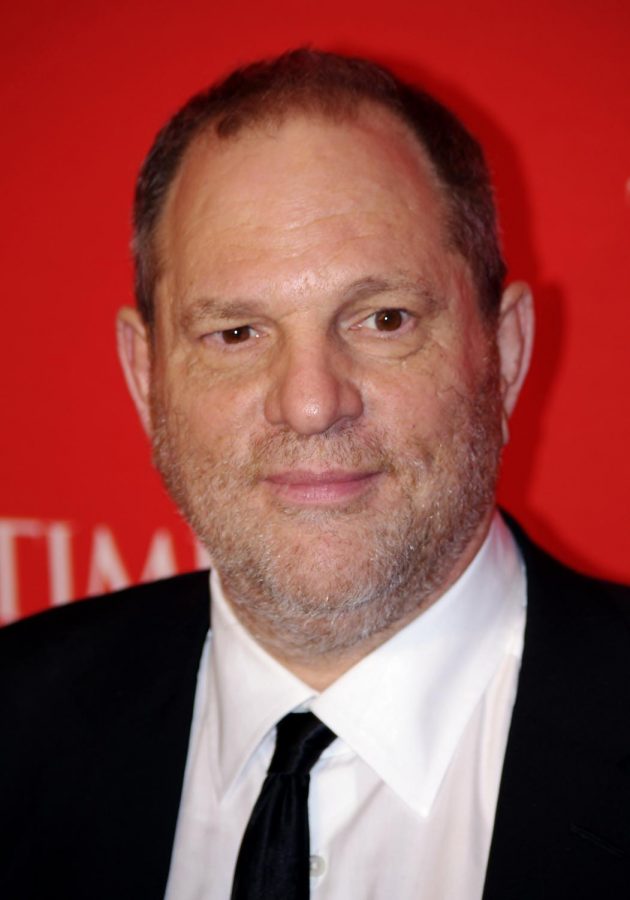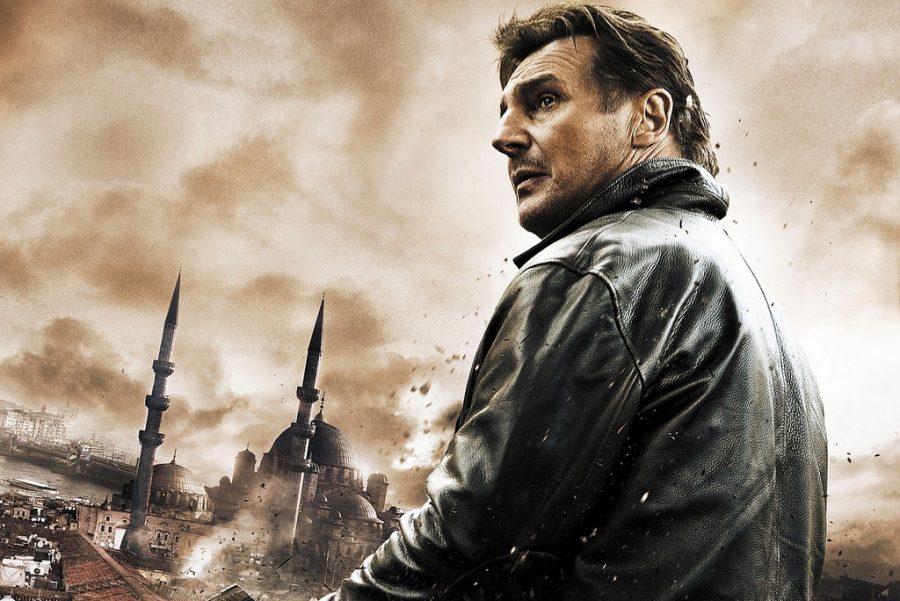
In 2009, an action thriller starring Liam Neeson called “Taken” surprised Hollywood insiders by becoming a box office hit. Being Hollywood, the industry couldn’t let a successful film go unduplicated, and “Unknown,” released last week, was born.
Yet despite the trend of look-alike films to be absolutely horrible, the surprising fact is that “Unknown” is better than “Taken,” and is one of the best films released so far in 2011.
The movie follows Dr. Martin Harris (Neeson) as he and his beautiful wife (January Jones) arrive in Berlin for a conference. His life takes a harsh turn, however, when he gets into a harrowing car accident and is put into a coma for several days.
When he wakes up, he discovers that he has no identification, a sketchy memory and there’s an imposter who has taken over his life. Harris then hits the streets in order to find out why he’s been replaced.
Despite its basic similarities, “Unknown” has far more to offer audiences in terms of plot than “Taken.” Whereas “Taken” had little to no plot — aside from “Liam Neeson kills lots of people to get his daughter back” — the new film is less an action movie than a Hitchcockian thriller with random moments of intense violence.
The story also manages to throw in several red herrings and plot developments that work surprisingly well. I expected the ending to feature a ludicrous explanation of all these elements, but the closing twist is well thought out and doesn’t let audiences down.
With all this talk of plot, one may think the action in “Unknown” is lacking. Admittedly, if you’re expecting a fight scene every five minutes, a la “Taken,” you may walk out disappointed.
That being said, the action that is in the movie is more intense, more fun and better directed. While “Taken” featured generic, confusingly edited action sequences, “Unknown” director Jaume Collet-Serra’s scenes are based on the film’s pacing, and the result is one of the better attempts to copy the breakneck edits made famous by the “Bourne” films.
But Collet-Serra is not perfect. “Unknown” includes some moments of over-direction that take audiences out of the movie.
One distinct example is his tendency to slowly tilt the camera during intense conversations. It’s clear Collet-Serra is attempting to create a feeling of imbalance to parallel that of Neeson’s character, but it comes off as distracting, not immersive.
Making things worse is Jones, best known as Betty Draper on AMC’s “Mad Men,” as Neeson’s wife. I’m not quite sure what Jones is doing in this movie, but it is definitely not acting. I’ve seen log cabins less wooden.
Her miserable performance only sticks out, though, because everyone else is so good. Neeson is reliable as always, and Diane Kruger, last seen in Quentin Tarantino’s “Inglourious Basterds,” also makes a nice appearance as a helpful taxi driver.
Most pleasant to see, though, is Bruno Ganz, most recognizable from the ranting Hitler parodies on YouTube. His few scenes as an elderly private investigator make for one of the best cameos I’ve seen in some time.
It’s hard to applaud Hollywood unoriginality, but “Unknown” is a very rare case. It may take some basic ideas from old successes, but it adds enough new content and improves on the original concept to create something surprisingly better.
The only downside: It’s just going to encourage Hollywood to keep making copycat films that don’t succeed on such a grand scale.






